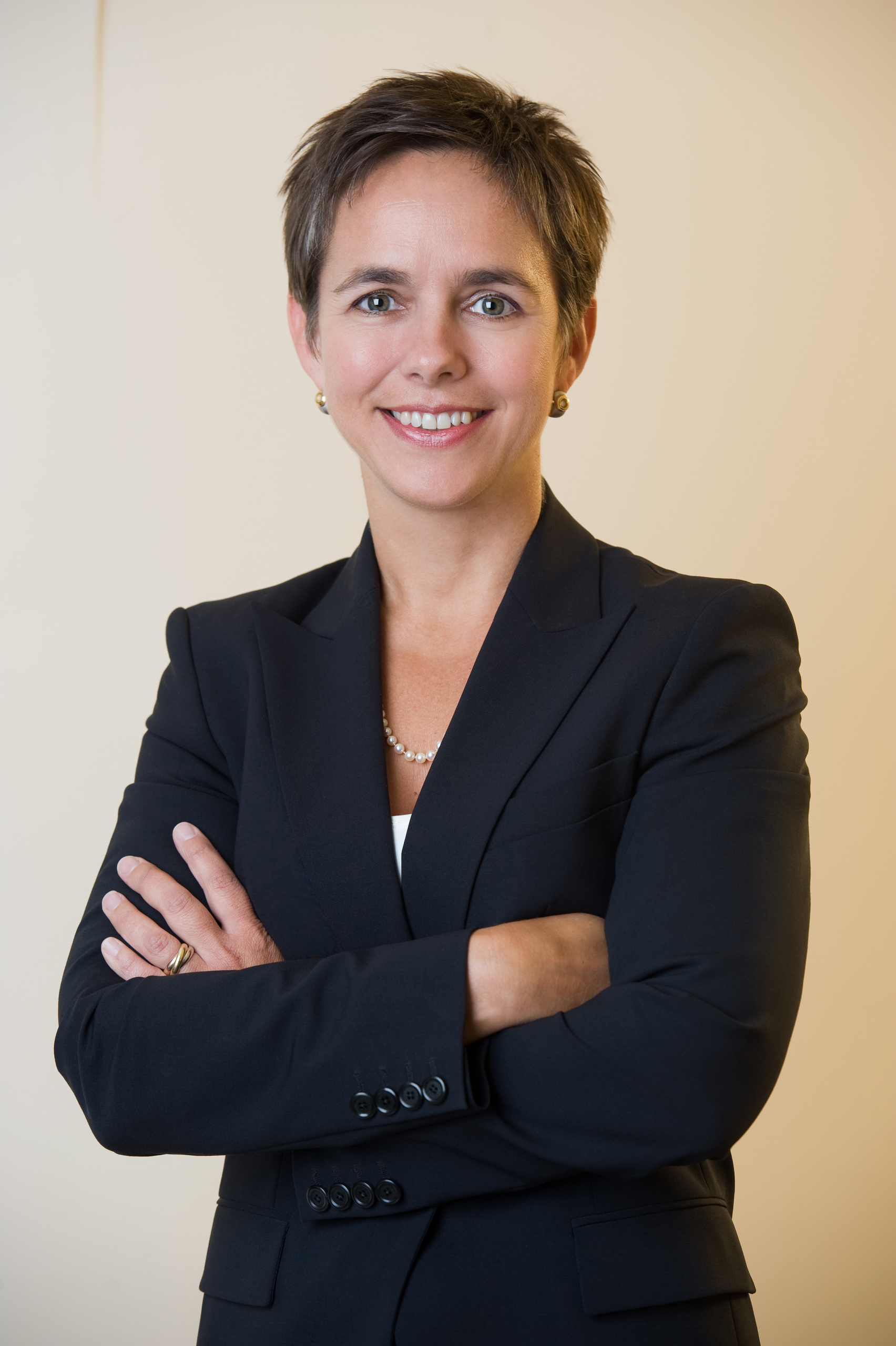Around the world and in our own backyard, women are fighting for the rights of women and girls and for an AIDS-free generation. One of these women is Serra Sippel, president of the Center for Health and Gender Equity (CHANGE), a Washington, D.C.-based nongovernmental organization (NGO) whose mission is to “promote the sexual and reproductive health and human rights of women and girls globally by shaping the development and implementation of U.S policies.”
Founded in 1994, CHANGE has worked to target U.S. lawmakers and encourage political officials to focus on the needs of women and girls. Since 2003, the organization has focused much of its attention on the President’s Emergency Plan For AIDS Relief (PEPFAR) and its effects on women and girls living with HIV. “10 years after PEPFAR launched, women account for slightly more than half of the world’s population living with HIV; and in sub-Saharan Africa, young women account for close to 75 percent of all people between the ages of 15-24 living with HIV. Those same young women are eight times more likely to contract HIV than young men,” Serra said. “That tells us that PEPFAR has to respond differently, that women’s health and rights – not politics – have to be at the center of the AIDS response.”
Serra is particularly concerned by the role of gender inequity in the HIV/AIDS epidemic. “At this point, our most pressing challenges come in the form of social barriers; the pieces of the HIV pandemic that can’t be treated with drugs,” she said. “Things like gender-based violence and discrimination. HIV depends on them for survival.” To fight against these challenges, CHANGE is promoting efforts to make services more widely available for women and girls to put their health and safety first. “We have to integrate HIV, maternal health, and family planning services,” she said, “so women can access all the services they need in one place, without fear of the stigma that may be associated with a stand-alone HIV or family planning clinic.” Serra emphasized that gender inequality’s role in the HIV/AIDS epidemic has been shortchanged by some, leading to continued infections and more women and children in danger. “Gender inequality is the lynchpin that secures HIV’s stronghold. It undermines our best interventions.”
Looking forward, Serra and CHANGE are focused on continuing their efforts to create and support effective responses to HIV for women and girls in 2013. Serra noted that one of the keys to success will be working together with policy makers and nongovernmental organizations (NGOs). “Policy makers in Congress and the administration need to understand the interdependence of these issues (gender and global health), and we can’t help them understand that if we’re divided,” she said. “We have a lot to offer, and the potential to amplify our impact."
Jane Coaston is Media Relations Coordinator for the Foundation, based in Washington, D.C.




